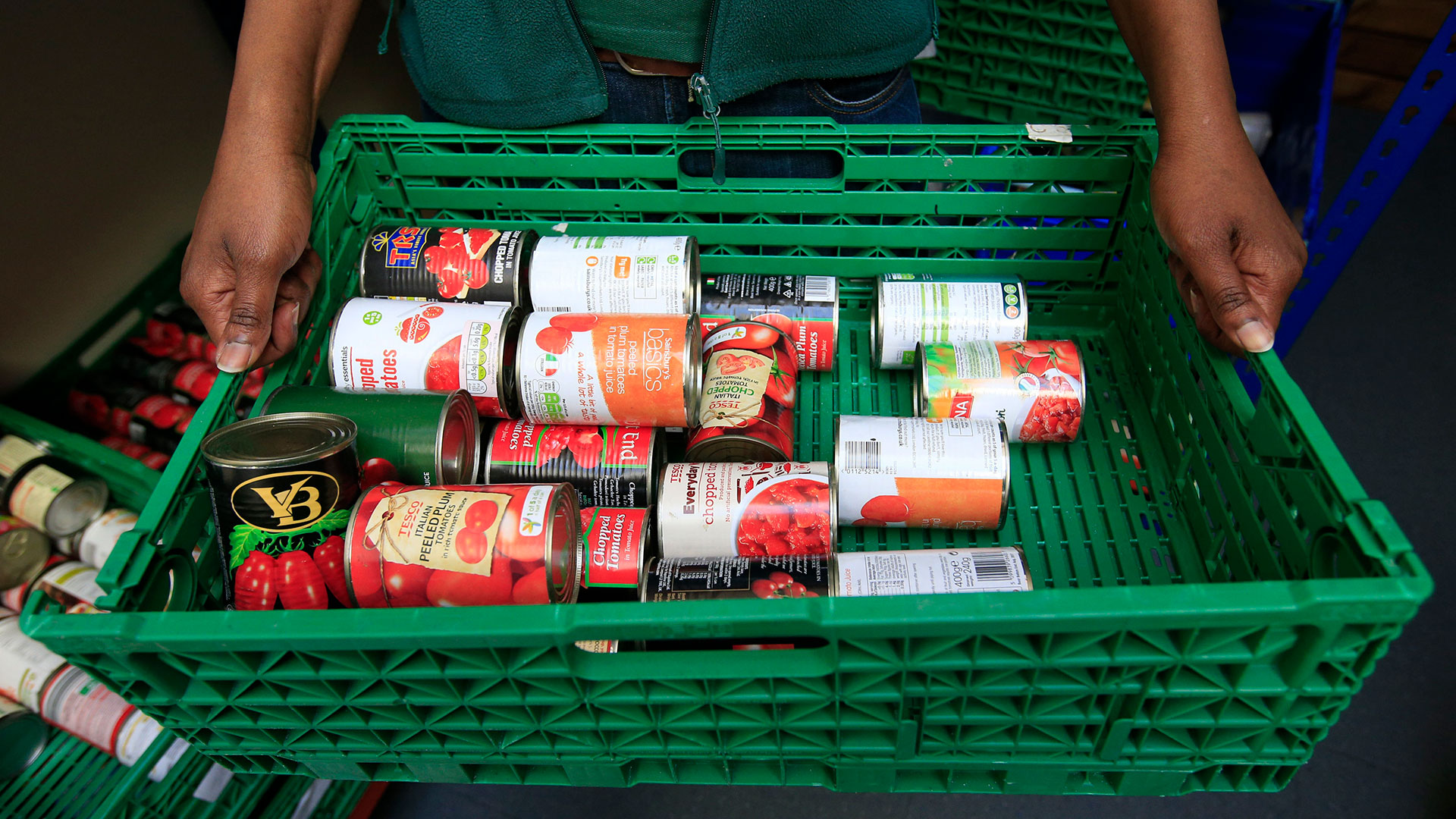The Covid-19 lockdown inspired an outpouring of goodwill across the UK. Now foodbanks set up to fight pandemic hunger are worried that they’re being left behind.
Since March, 144 food aid organisations have joined the Independent Food Aid Network (IFAN) – with a third of those created in response to Covid-19 poverty.
The Food Standards Agency found that the crisis had tipped households which were ‘just managing’ to make ends meet into food insecurity, with up to one in ten people forced to turn to foodbanks in June.
But as restrictions ease and financial hardship starts to impact more households, foodbanks are beginning to see support dry up.
IFAN reported that a drop in supermarket donations, furloughed volunteers returning to work and local authorities winding up food aid projects signalled a problem for the organisations providing immediate support to families in need.
They saw a 148 per cent increase in the need for emergency food parcels between February and May this year, triggering a network of ‘pop-up’ foodbanks – but they are seeing no sign of demand decreasing despite being set up as temporary measures.





